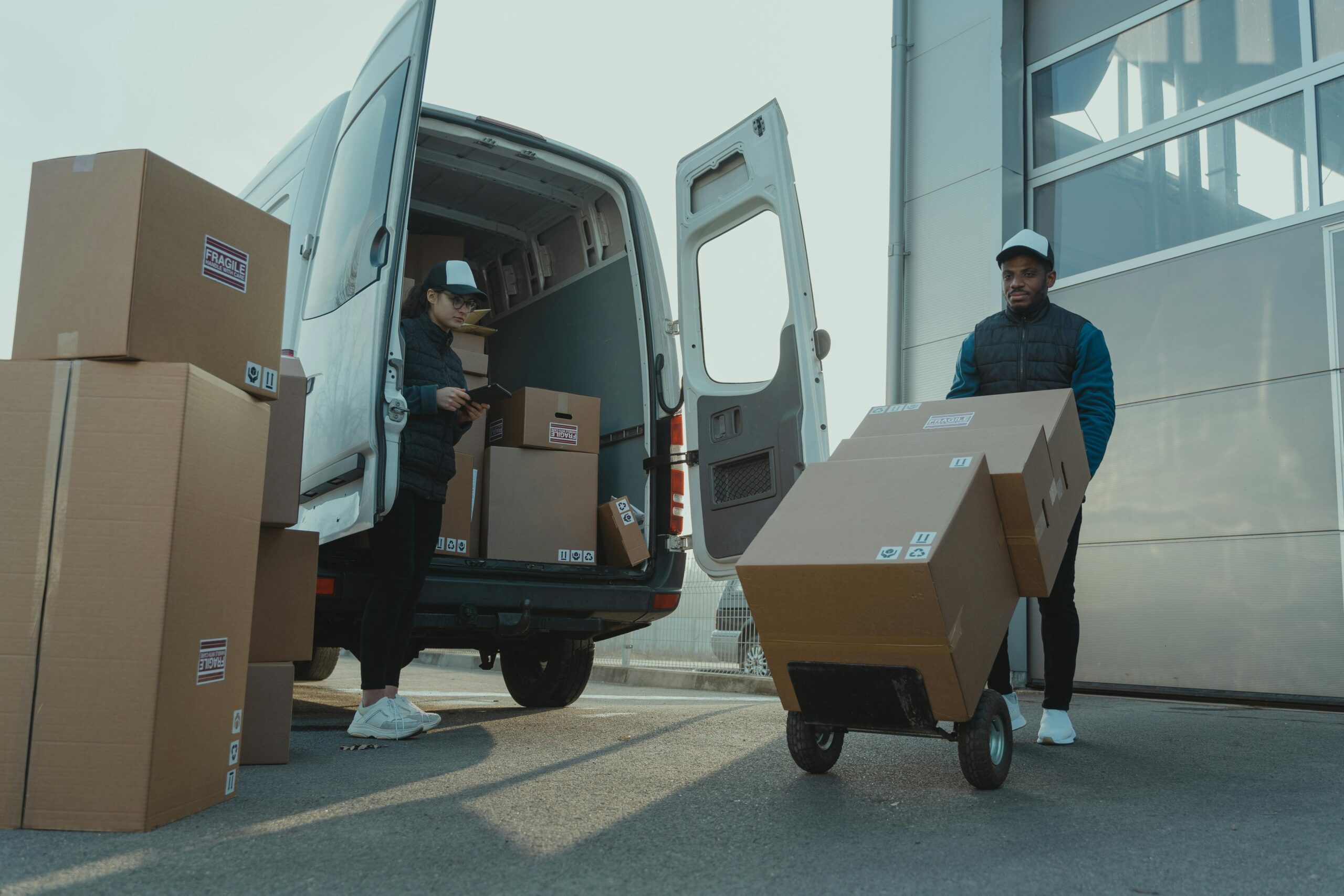
AI in Supply Chain: Optimizing Logistics in India
How Artificial Intelligence is Revolutionizing the Backbone of India’s Economy
India, as a rapidly growing economy and global trade hub, faces significant challenges in managing its supply chain and logistics. From delayed shipments to inefficient resource allocation, the sector has long struggled with inefficiencies that inflate costs and impact service quality. Artificial Intelligence (AI) is emerging as a transformative solution, optimizing logistics processes, enhancing visibility, and enabling data-driven decision-making across the supply chain.
Why AI is Crucial for India’s Supply Chain
With the logistics market in India expected to reach $380 billion by 2025 (IBEF), the demand for efficient supply chain operations has never been higher. AI addresses critical challenges such as:
- Complex Networks: Managing the movement of goods across a geographically vast and diverse country.
- Rising Costs: Reducing fuel, warehousing, and labor expenses.
- Customer Expectations: Meeting demands for faster deliveries and transparent tracking.
Applications of AI in Indian Supply Chain and Logistics
1. Demand Forecasting
AI-powered predictive analytics uses historical data, market trends, and external factors like weather to forecast demand accurately.
Example:
- Companies like Flipkart use AI to anticipate demand surges during festive seasons, ensuring adequate inventory and avoiding stockouts.
2. Route Optimization
AI analyzes traffic patterns, weather conditions, and fuel costs to identify the most efficient delivery routes.
Notable Implementation:
- Delhivery, a leading logistics startup, leverages AI to optimize delivery routes, reducing transit times and fuel consumption.
3. Warehouse Management
AI-driven systems improve warehouse operations by automating inventory tracking, optimizing storage layouts, and predicting replenishment needs.
Highlight:
- Amazon India uses AI-powered robots to sort and move packages in its warehouses, improving efficiency and accuracy.
4. Real-Time Shipment Tracking
AI provides real-time visibility into shipments, enabling businesses and customers to track packages and anticipate delays.
Case Study:
- Blue Dart employs AI to enhance shipment tracking, offering customers detailed updates and proactive alerts for delayed deliveries.
5. Fraud Detection and Risk Management
AI systems identify anomalies in supply chain operations, such as theft, counterfeit goods, or inefficiencies, reducing risks.
Example:
- AI-enabled cameras and sensors in warehouses detect unauthorized access or unusual activities, safeguarding valuable inventory.
AI in Cold Chain Logistics
The growth of sectors like pharmaceuticals and food delivery has increased the demand for cold chain logistics. AI plays a vital role in maintaining temperature-sensitive goods:
- Temperature Monitoring: Sensors connected to AI systems monitor and adjust temperatures in real-time.
- Perishable Goods Management: AI predicts spoilage risks and adjusts delivery schedules accordingly.
Challenges in AI Adoption
While AI offers immense potential, its adoption in India’s supply chain faces challenges:
- High Implementation Costs: Smaller businesses struggle to afford AI technologies.
- Lack of Skilled Workforce: Operating and maintaining AI systems require specialized skills.
- Infrastructure Issues: Poor connectivity in rural areas hampers the deployment of AI-enabled tools.
Government and Industry Support
The Indian government and private sector are driving AI integration in logistics:
- National Logistics Policy (2022): Focuses on technology-driven solutions to reduce logistics costs and improve efficiency.
- Collaboration with Startups: Companies like Rivigo and Locus are developing AI-powered logistics solutions tailored to Indian needs.
- Smart Cities Mission: AI is being integrated into urban logistics to optimize goods movement within cities.
The Future of AI in India’s Supply Chain
AI’s role in logistics will continue to expand, with advancements likely to focus on:
- Blockchain Integration: Enhancing transparency and security in supply chain transactions.
- Sustainability: AI tools to minimize carbon footprints by optimizing energy and resource usage.
- Autonomous Vehicles: AI-powered delivery drones and self-driving trucks are expected to revolutionize last-mile logistics.
Conclusion
Artificial Intelligence is transforming the Indian supply chain, addressing inefficiencies, and enabling businesses to meet evolving market demands. As the technology matures and becomes more accessible, it has the potential to position India as a global leader in logistics innovation.
By investing in AI and addressing challenges, India can build a supply chain ecosystem that is efficient, resilient, and future-ready, ensuring sustainable growth in an increasingly competitive world.



